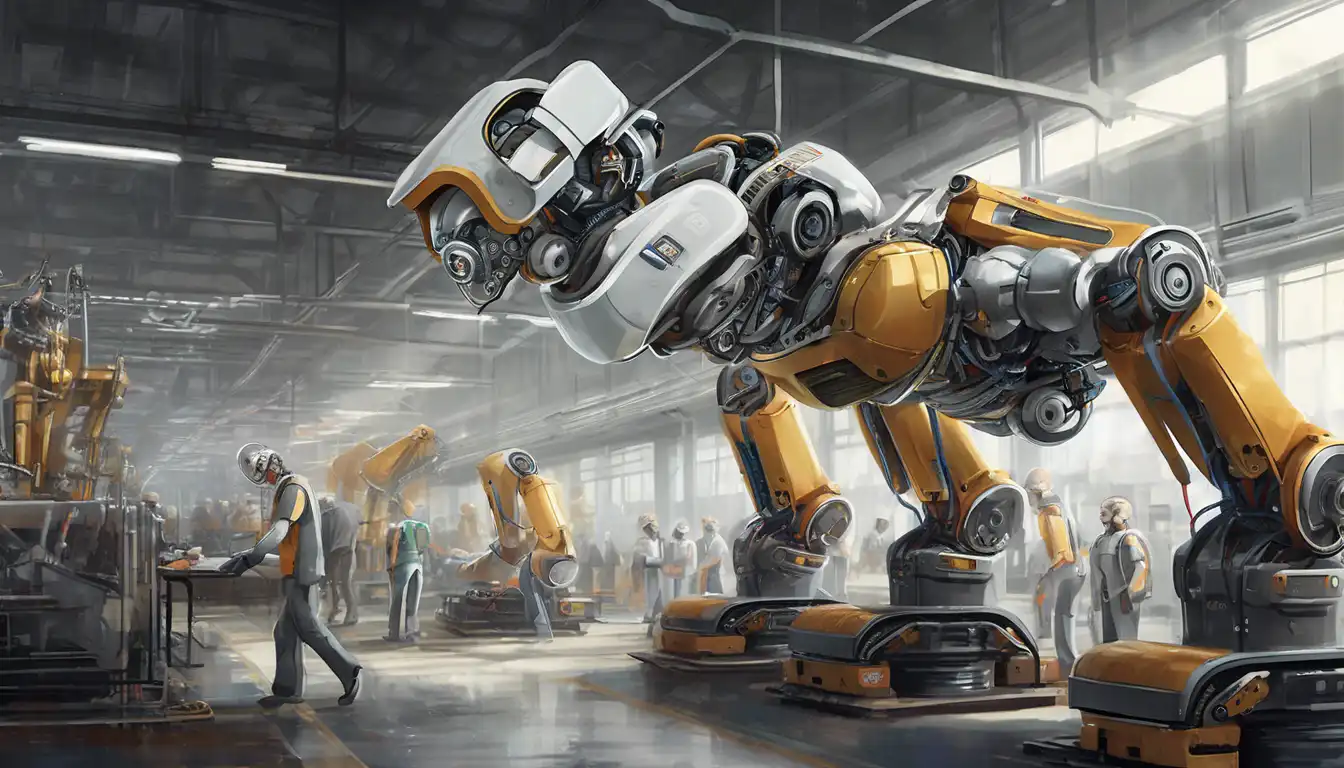The Revolutionary Impact of Robotics on Modern Manufacturing
In the heart of the industrial revolution, the introduction of robotics into manufacturing processes has marked a pivotal shift towards efficiency, precision, and scalability. This transformation is not just about replacing human labor but enhancing capabilities, reducing errors, and opening new avenues for innovation.
Enhancing Production Efficiency
Robotics technology has significantly increased production rates by operating 24/7 without fatigue, unlike human workers. This relentless efficiency ensures that manufacturing deadlines are met with unprecedented speed, making it possible to fulfill large orders in shorter time frames.
Improving Product Quality
With robotics, the margin for error diminishes drastically. Automated systems are programmed to perform tasks with exact precision, ensuring that each product meets strict quality standards. This consistency is crucial in industries where precision is paramount, such as in the production of electronic components.
Reducing Operational Costs
Although the initial investment in robotics can be substantial, the long-term savings are undeniable. Robots reduce the need for manual labor, minimize waste through precision, and lower the risk of workplace injuries, which can be costly for manufacturers.
Facilitating Customization and Flexibility
Modern robotics systems are designed to be adaptable, allowing manufacturers to easily reprogram them for different tasks. This flexibility is essential in today’s market, where consumer demand for customized products is on the rise.
Driving Innovation in Manufacturing
The integration of robotics into manufacturing processes is not just about automation; it's about innovation. Robotics opens up possibilities for new manufacturing techniques and products that were previously unimaginable, pushing the boundaries of what's possible in production.
As we look to the future, the role of robotics in manufacturing is set to grow even further. With advancements in artificial intelligence and machine learning, robots will become more intelligent, autonomous, and capable of performing complex tasks with minimal human oversight.
For those interested in the intersection of technology and manufacturing, exploring the latest trends in robotics and automation can provide valuable insights into the future of the industry.
The transformation brought about by robotics in manufacturing is undeniable. From enhancing efficiency and quality to reducing costs and driving innovation, the impact of robotics is profound. As technology continues to evolve, the potential for further transformation is limitless, promising a future where manufacturing is smarter, faster, and more efficient than ever before.
